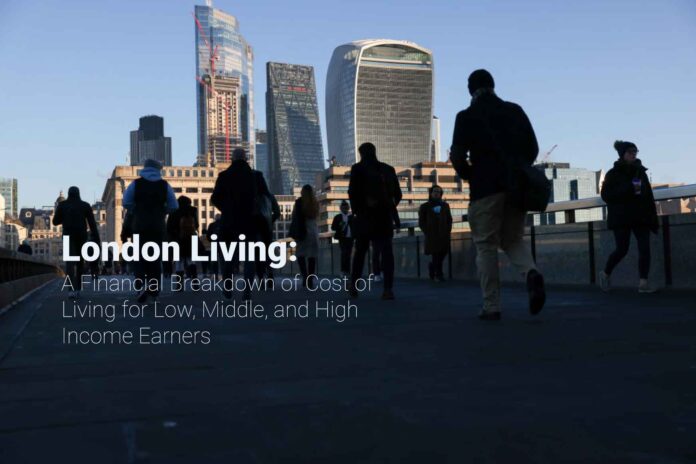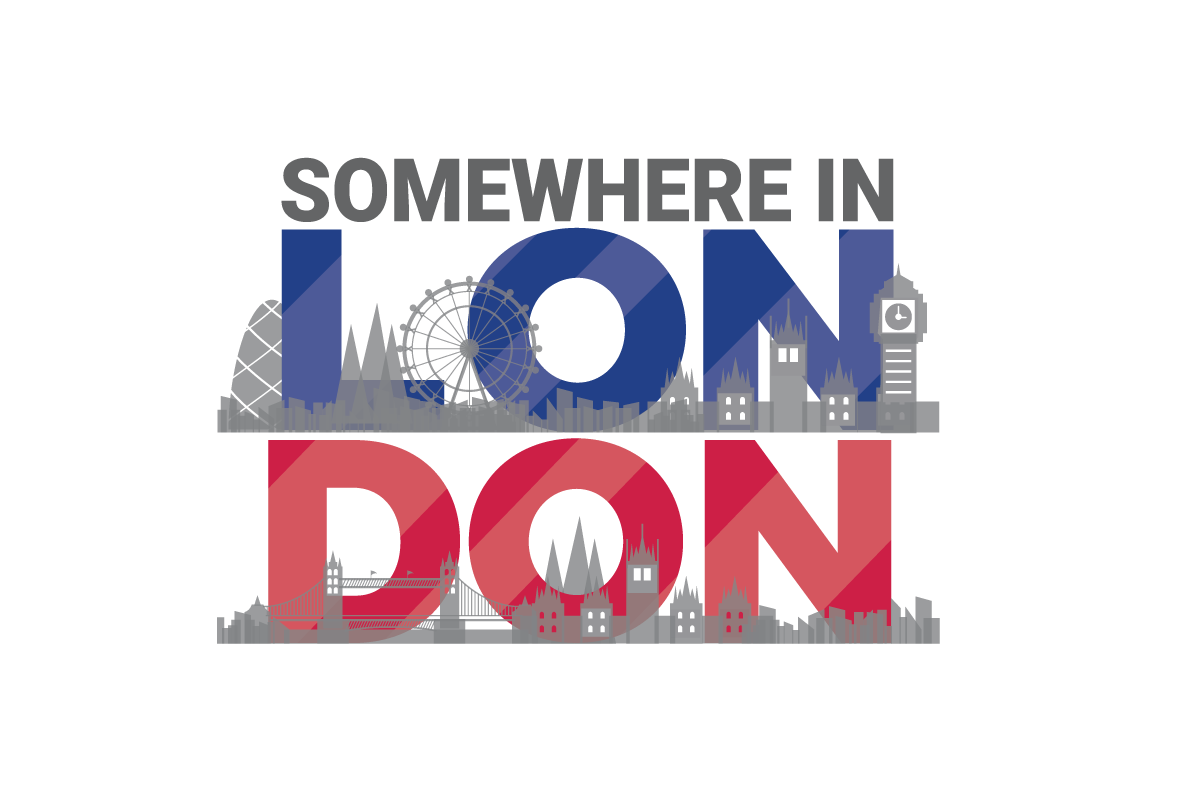Living in London can be an exciting and fulfilling experience, with endless opportunities for culture, entertainment and career advancement. However, it also comes with its own set of financial challenges that must be considered before making the decision to move to the city. In this blog post, we’ll take a closer look at the cost of living in London for different income levels, including housing, transportation, food and entertainment expenses.
Low Income Living
For those earning a low income in London, affording housing can be a major challenge. Many low-income earners will likely have to live in shared accommodation or in less desirable areas of the city. An average rental cost for a single room in a shared accommodation can be around £600-£700 per month. Transportation costs will likely be a significant expense, as many low-income earners will need to rely on public transportation to get around the city. A monthly travel card for London’s public transportation can cost around £150. Food costs will likely be a significant expense, and many low-income earners may struggle to afford a healthy diet. An average cost of a weekly grocery basket can be around £50-£75. Entertainment and other leisure activities may be out of reach for many low-income earners, as they will likely have to prioritize spending on necessities such as housing and transportation.
- LUNCH IDEAS FOR KIDS: Irresistible Puff Pastry Pinwheels Recipe

- FREEZER-FRIENDLY: Bacon-Wrapped Cream Cheese Chicken

- All about Skilled Worker Visa in the UK

Middle Income Living
High Income Living
For those earning a high income in London, affording housing will likely not be a major challenge, and many high-income earners will be able to afford to live in the most desirable areas of the city. However, even with a high income, living in London can still be expensive. High-income earners can expect to pay around £2,000-£3,000 per month for a luxury one-bedroom apartment. Transportation costs will likely be manageable for high-income earners, as they may be able to afford a car or use private transportation services. Food costs will likely be manageable for high-income earners, and they may be able to afford dining at more expensive restaurants and buying organic or specialty foods. Entertainment and other leisure activities will likely be more affordable for high-income earners, as they will have more disposable income to spend on these expenses.Living in London can be an exciting and fulfilling experience, but it also comes with its own set of financial challenges. It’s important to carefully consider the cost of living and budget accordingly before making the decision to move to the city. However, with the right preparation and budgeting, it’s possible to make the most of all that London has to offer and have a great experience regardless of your income level.
Low Income:
- • Rent for a one-bedroom apartment: £800-£1000
- • Transportation: £150
- • Groceries: £150-£200
- • Entertainment: £50-£100
Middle Income:
• Rent for a one-bedroom apartment: £1,200-£1,500
• Groceries: £200-£300
• Transportation: £150
• Entertainment: £150-£200
High Income:
- • Rent for a one-bedroom apartment: £2,000-£2,500
- • Groceries: £300-£500
- • Transportation: £150
- • Entertainment: £300-£500






